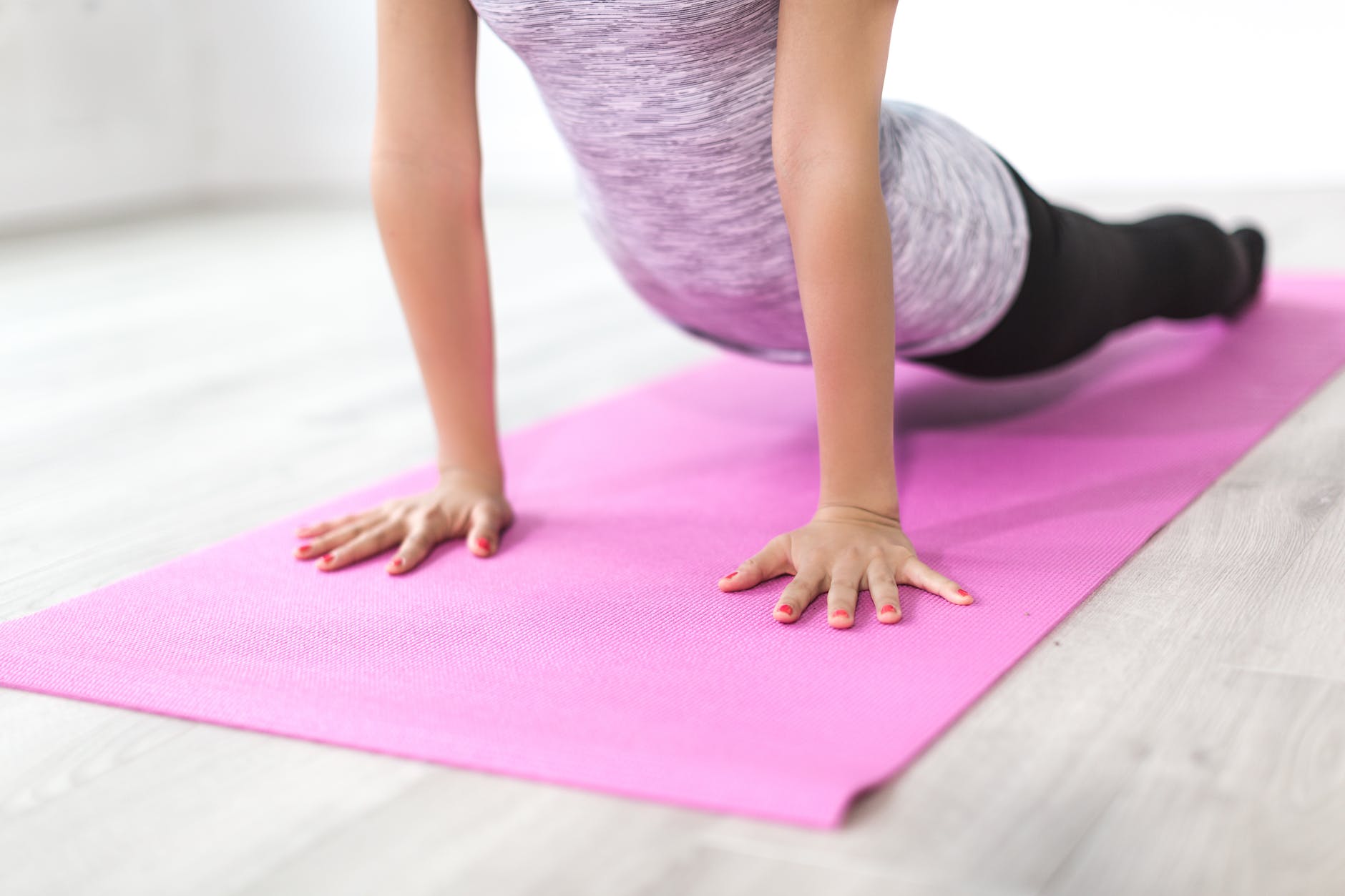How to take care of your mental health from home

A few minutes every morning is all you need.
Stay up to date on the world's Headlines and Human Stories. It's fun, it's factual, it's fluff-free.
The seemingly never-ending COVID-19 situation is taking a toll on all our lives. With stricter social distancing regulations and workplaces shifting to remote work, we’re all very quickly and involuntarily becoming homebodies.
While we may be coming to terms with this reality, it doesn’t make it any easier. The same environment and repetitive daily routines can feel mundane and negatively affect our mental health.
Our mental health is essentially what guides us, motivates us and leads us through all the decisions we make, so it’s always important to take care of it, especially during times like these.
Nowadays, we have easy access to psychologists and therapists – even remotely through medical services available online or through apps. However, these outlets for improving our mental health can be expensive and not always suitable for everyone.
So, rather than letting the pandemic get the best of us, we’ve compiled some ways in which you can proactively take care of your mental health from home.
Journaling

Jotting down your emotions and thoughts or just reflecting on your day through a journal can be a cathartic emotional outlet. A journal is the perfect, private method to de-stress, especially for those who struggle to communicate with others regarding more personal issues.
Journaling can initially seem daunting. The commitment, consistency and uneasiness in putting your emotions and thoughts into words often deter many from starting in the first place. However, how you journal is entirely up to you – there isn’t a requirement to be consistent.
You can choose when you write, and it doesn’t even have to be in words. A journal can take many forms – from the simple diary entry to photo collages and vlogs to mind maps. You are the one that ultimately guides your thoughts and emotions into a tangible form, allowing you to express your feelings.
Aside from reflecting on stressful thoughts or heavy feelings, you can also focus on what you’re grateful for – something called gratitude journaling. Looking into small or big things that you’re thankful for every day acts as a little daily reminder of the silver linings in life.
Recording and reflecting on the many moments we are grateful for helps shift our perspective to look forward to positive things. This will hopefully override the negative emotions that may take over at times. This isn’t to invalidate negative emotions but instead to provide a healthy balance that can help us maintain a more positive outlook.
Taking care of your body

The pandemic weight gain, also known as the “COVID 15,” is real, as revealed in a study conducted by the Harvard Medical School. The study found that of 15 million patients, 39% gained more than 2.5 pounds during the pandemic. This could be an additional stress factor at home, as issues around our body image and negative self-talk can perpetuate.
So, to keep a healthier body and mind, you can look into healthier foods to cook during the pandemic or start simple with exercises easy to do at home, like yoga and home training.
Although this sounds simple, it can be hard to commit ourselves to a healthy routine, as food and rest are often sources of de-stressing and calm. However, going out of your way to take care of your body, even if it seems challenging, can improve both your physical and mental health in the long run. Rather than seeing it as a “chore,” recognize that you’re reshaping your lifestyle, ultimately, for your health.
Dr. Josiah Teng, a mental health clinician at Vivid World Psychology PLLC in New York, comments: “In today’s work from home environment, the boundaries between work and leisure time are more blended than ever. Set aside time for activities that refill your energy meter by feeding your passions, whether it’s cooking, reading, or exercising.”
Staying in touch

Like journaling, talking things out can help you open up regarding your emotions. Additionally, the pandemic has contributed to more isolation, which, in turn, can be pretty lonely. However, we still have the internet, our phones and apps like Zoom, which can connect us to others even from a distance.
Although it could be challenging to initiate a conversation with someone – whether friends or family – releasing and sharing emotions through conversation can revitalize mental health.
Socializing isn’t always planned, and in pre-pandemic times, it may have often happened naturally without any effort. However, with the current situation, it is crucial that we reach out to one another purposefully.
Dr. Teng recommends meeting remotely with family and friends at least three times a week; it could be a simple check-up, a family meeting or even just watching something together via virtual calls. These remote interactions can help us realize that we are all surviving these difficult times together, bringing us moral support and love to keep us pushing through.
“Research has shown that engagement with others increases dopamine levels and contributes to overall life satisfaction,” says Dr. Teng.
Furthermore, Dr. Teng recommends that we diversify our mental health outlets. In addition to friends, family and online therapists, we can find other sources for comfort on social media.
“Whether it’s an insightful quote, encouraging words, or informational illustrations, there are multitudes of specialized profiles aimed at helping normalize and educate individuals on a wide array of mental health areas,” explains Dr. Teng. “Step outside the visual domain by finding a mental health podcast that works with you as well.”
Humor
Believe it or not, humor is also important to sustaining our mental health. The joy and excitement a good laugh brings to our life can easily ease stress and anxiety from home.
Dr. Steven M. Sultanoff, a clinical psychologist and professor at Pepperdine University, explains: “The experience of humor stimulates psychological antibodies and bolsters resilience thus enhancing mental strength. When one encounters humor, three internal components (wit-cognitive; mirth-emotional; and laughter-physical) are activated. Each of these components plays a role in developing mental strength.”
Dr. Sultanoff recommends actively searching for outlets to activate your sense of humor from home. From watching funny cartoons to “humor visualization” (visualizing your favorite funny experiences), generally seeking out the humorous aspects of life will reap positive benefits for our mental health.
Have a tip or story? Get in touch with our reporters at tips@themilsource.com




Comments ()